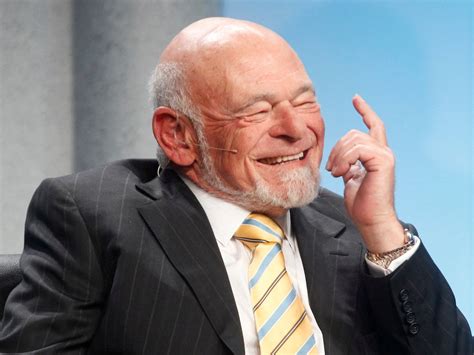A Quote by Stephen Moore
The Fed's job is not to stall growth or to prevent economic 'overheating.' It is to keep prices stable and the dollar a strong and reliable currency.
Related Quotes
It is very difficult to enter a single currency zone having fairly weak economic parameters and maintain a favourable state of the economy, not to mention positive growth rates. We have witnessed it not only in Europe, but for example in Argentina (nearly 10 years ago or more), when they tied the national currency to the dollar and later they did not know what to do about it.
For equity markets, the combination of low interest rates, strong economic growth and low inflation has proved very beneficial, with global share markets rising solidly in each of the past three years. This has been underpinned by strong growth in profits so that, notwithstanding the rise in share prices, P/E ratios have been declining on average.
The promise of American capitalism is that it makes people richer, freer and more independent. But since the introduction of Fed, the currency in which Americans keep score has so addled the figures, we scarcely know if we are winning or losing. The dollar we knew as a child - in the 1950's - is only worth a tenth as much today.
What there is no dispute about is whether or not China is a currency manipulator. They are a currency manipulator. They actively intervene every single day to keep the value of their currency less than it would be against the dollar than if it floated freely. We think. Even China barely disputes that.
My single biggest financial concern is the loss of the dollar as the reserve currency. I can't imagine anything more disastrous to our country. . .you're already seeing things in the markets that are suggesting that confidence in the dollar is waning. . .I think you could see a 25% reduction in the standard of living in this country if the U.S. dollar was no longer the world's reserve currency. That's how valuable it is.
Hyperinflation is not going to happen in this country, will never happen... The Fed putting so much money into the system is not going to create the risk of hyperinflation in the future. We have a strong independent Federal Reserve with a very strong mandate from the Congress, and they will do what's necessary to keep inflation low and stable over time.
During the Greenspan-Bernanke era, the Fed has embraced the view that stability in the economy and stability in prices are mutually consistent. As long as inflation remains at or below its target level, the Fed's modus operandi is to panic at the sight of real or perceived economic trouble and provide emergency relief.





































